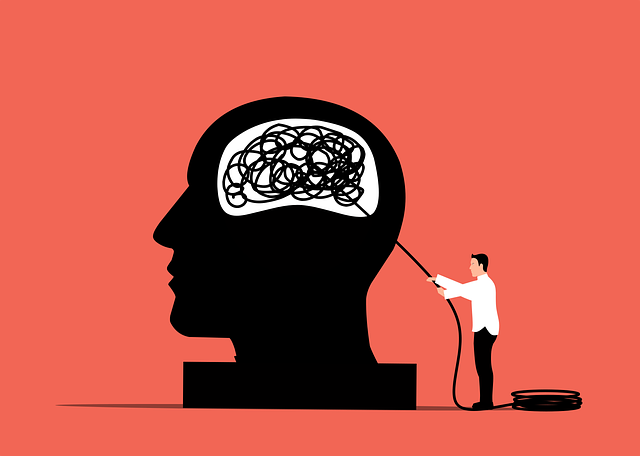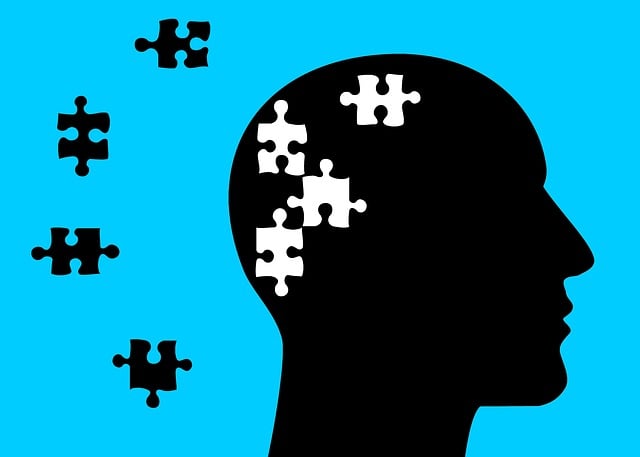Depression, a complex mental health condition marked by persistent despair and physical symptoms, requires specialized treatment. South Florida offers diverse effective therapies like CBT, IPT, MBCT, and SFBT, empowering individuals to manage negative thought patterns, interpersonal issues, and mood disorders. Individual and group therapy approaches cater to distinct needs, enhancing self-awareness, coping mechanisms, and social support. Choosing a depression treatment center should consider location, reputation, and specialized services, ensuring a supportive, confidential environment with qualified professionals.
Depression is a prevalent mental health challenge, but specialized treatment programs in South Florida offer hope. This comprehensive guide explores effective therapy options tailored to address various forms of depression. From understanding symptoms and diagnosis to popular approaches like cognitive-behavioral therapy (CBT) and interpersonal psychotherapy, we uncover the benefits of individual vs. group sessions. Learn how to access these programs and choose the right center for your unique needs, empowering you on the path to recovery.
- Understanding Depression: Symptoms and Diagnosis
- The Importance of Specialized Therapy Programs
- Popular Therapy Approaches for Depression in South Florida
- Benefits of Individual vs Group Therapy Sessions
- Accessing and Choosing the Right Depression Treatment Center
Understanding Depression: Symptoms and Diagnosis

Depression is a complex mental health condition that significantly impacts an individual’s daily life and overall well-being. It goes beyond mere sadness or brief periods of low mood; instead, it involves persistent feelings of despair, loss of interest in activities once enjoyed, and a range of physical and cognitive symptoms. Recognizing the signs and symptoms of depression is crucial for accurate diagnosis and effective treatment.
Major depression, characterized by intense and prolonged symptoms, can disrupt one’s ability to function normally. Common indicators include changes in appetite and sleep patterns, fatigue, feelings of worthlessness or guilt, difficulty concentrating, and recurrent thoughts of death or suicide. If these symptoms persist for at least two weeks, individuals may be diagnosed with major depression, necessitating specialized therapy for depression. Mental health therapy, such as cognitive-behavioral therapy (CBT) and interpersonal therapy, plays a pivotal role in helping individuals understand and manage their condition through tailored depression counseling.
The Importance of Specialized Therapy Programs

In the pursuit of overcoming depression, specialized therapy programs play a pivotal role in South Florida’s mental health landscape. These tailored interventions recognize that depression is a complex condition, often requiring more than general treatment approaches can offer. By focusing on specific aspects of major depression, these programs aim to provide more effective support for individuals seeking relief from this debilitating mood disorder.
Specialized therapy for depression goes beyond standard counseling or depression counseling sessions. It involves evidence-based practices designed to target the unique needs and challenges faced by those struggling with mental health issues. Whether it’s cognitive behavioral therapy (CBT), interpersonal therapy, or other specialized techniques, these programs empower individuals to develop coping strategies, gain insights into their conditions, and foster resilience in managing symptoms of depression. Such tailored approaches have been shown to significantly enhance the effectiveness of treatment, offering hope and improved quality of life for those seeking healing in South Florida.
Popular Therapy Approaches for Depression in South Florida

In South Florida, several popular therapy approaches for depression have gained prominence. Cognitive Behavioral Therapy (CBT) is widely recognized as an effective method for treating major depression and other mood disorders. This evidence-based practice focuses on identifying and changing negative thought patterns and behaviors that contribute to depressive symptoms, empowering individuals to manage their mental health effectively.
Additionally, Interpersonal Therapy (IPT) has been widely adopted in the region, emphasizing the relationship between social relationships and emotional well-being. IPT targets specific interpersonal issues like conflict resolution, social isolation, or grief, which can be contributing factors to depression. Other popular approaches include Mindfulness-Based Cognitive Therapy (MBCT), which combines CBT with mindfulness techniques to prevent relapse, and Solution-Focused Brief Therapy (SFBT), focusing on identifying and implementing solutions to current problems rather than exploring past experiences. These diverse therapy options cater to different needs, ensuring comprehensive mental health care for residents in South Florida seeking depression counseling.
Benefits of Individual vs Group Therapy Sessions

Individual therapy for depression offers a personalized approach, allowing clients to delve into their unique experiences and challenges with the guidance of a mental health professional. This one-on-one setting fosters an environment of trust and confidentiality, encouraging open communication. Through tailored strategies and techniques, therapists can address specific symptoms, underlying causes, and personal goals, promoting healing and growth. The benefits include increased self-awareness, improved coping mechanisms, and enhanced overall well-being.
In contrast, group therapy for depression provides a supportive network of peers facing similar struggles. It facilitates a sense of community and belonging, as individuals share their experiences and learn from one another. Group sessions can reduce feelings of isolation, offer valuable perspectives, and provide social support. Additionally, group dynamics may encourage accountability, motivation, and the development of new coping skills. While both individual and group therapy have distinct advantages, many find a combination of both to be an effective approach in their depression counseling journey.
Accessing and Choosing the Right Depression Treatment Center

Choosing a depression treatment center in South Florida is an important step towards recovering from major depression. It’s crucial to consider factors like location, reputation, and specialized services offered. Researching different therapy for depression options ensures you find a program aligned with your needs, whether it’s cognitive-behavioral therapy, interpersonal counseling, or other evidence-based approaches.
When selecting a center, consider recommendations from healthcare providers or trusted friends. Check reviews and reach out to former patients to gauge their experiences. Remember, the right mental health therapy environment should be supportive, confidential, and equipped with qualified professionals specializing in depression counseling.
Depression is a serious mental health condition that requires specialized care, and South Florida offers a range of effective therapy programs. By understanding the various symptoms, diagnosis methods, and available treatment options, individuals can take the first step towards recovery. The article has explored different therapy approaches, highlighting the benefits of personalized individual sessions or group support. When choosing a depression treatment center, it’s crucial to consider expertise, amenities, and patient-centered care. With access to these specialized programs, residents of South Florida can find hope and healing on their journey toward managing and overcoming depression.

